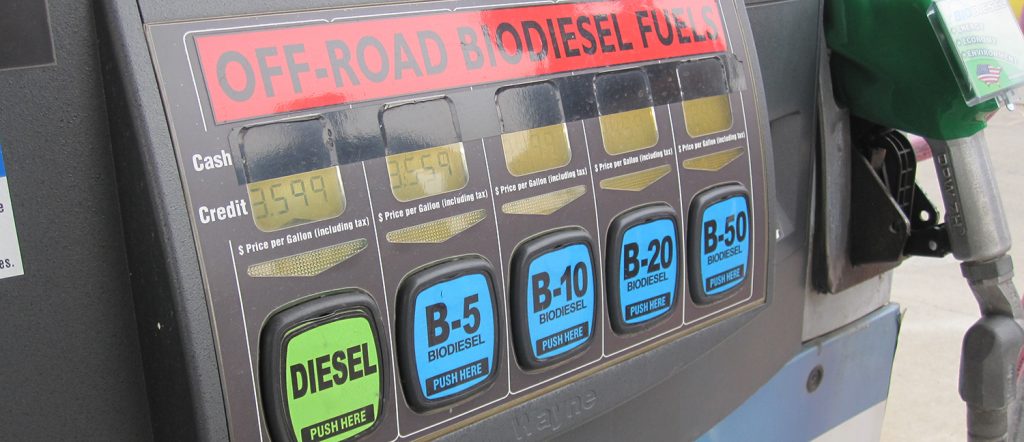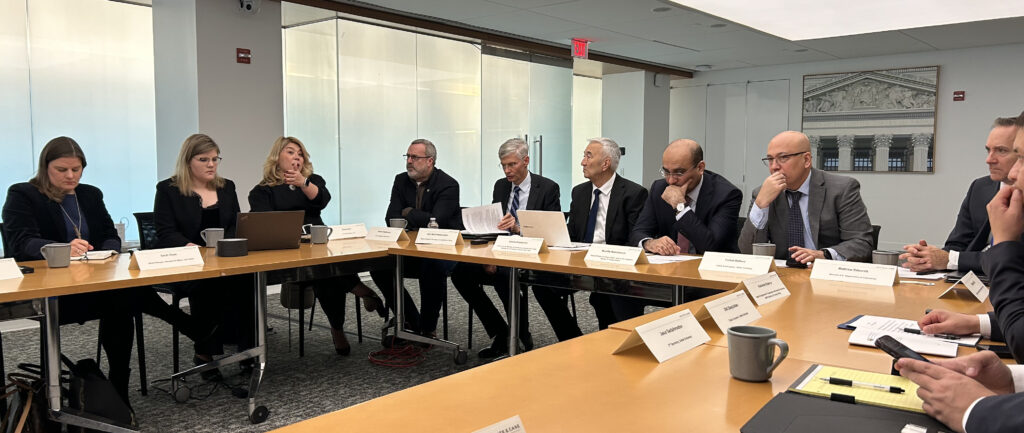The Minnesota Soybean Growers Association appreciates President Trump and his administration for trying to ease the burden to farmers while his administration engages in a trade war with U.S. trading partners.
“Right now, farmers are hurting, and this aid will allow a momentary reprieve,” says MSGA President Michael Petefish. “Unfortunately, if this trade war continues much longer, this aid package will feel less like a Band-Aid, and more like a reminder of the trade relationships we lost and must rebuild.”
Monday, U.S. Secretary of Agriculture Sonny Perdue announced the details of the Trade Retaliation Mitigation. The programs announced Monday are intended to assist agricultural producers to meet the costs of disrupted markets.
“Early on, the President instructed me, as Secretary of Agriculture, to make sure our farmers did not bear the brunt of unfair retaliatory tariffs. After careful analysis by our team at USDA, we have formulated our strategy to mitigate the trade damages sustained by our farmers. Our farmers work hard, and are the most productive in the world, and we aim to protect them,” said Secretary Perdue.
These programs will assist agricultural producers to meet the costs of disrupted markets:
- USDA’s Farm Service Agency (FSA) will administer the Market Facilitation Program (MFP) to provide payments to corn, cotton, dairy, hog, sorghum, soybean and wheat producers starting Sept. 4. This is the first payment period. The second payment period, if warranted, will be determined by USDA. Under the MFP, the initital payment rate would be $1.65 for soybeans and $.01 for corn. The total payment for soybeans is estimated just north of $3.6 billion.
- USDA’s Agricultural Marketing Service (AMS) will administer a Food Purchase and Distribution Program to purchase up to $1.2 billion in commodities unfairly targeted by unjustified retaliation. USDA’s Food and Nutrition Service (FNS) will distribute these commodities through nutrition assistance programs such as The Emergency Food Assistance Program (TEFAP) and child nutrition programs.
- Through the Foreign Agricultural Service’s (FAS) Agricultural Trade Promotion Program (ATP), $200 million will be made available to develop foreign markets for U.S. agricultural products. The program will help U.S. agricultural exporters identify and access new markets and help mitigate the adverse effects of other countries’ restrictions.
Eligible applicants must have an ownership interest in the commodity, be actively engaged in farming, and have an average adjusted gross income (AGI) for tax years 2014, 2015, and 2016 of less than $900,000. Applicants must also comply with the provisions of the “Highly Erodible Land and Wetland Conservation” regulations.
China purchases 61 percent of total U.S. soybean exports, equating to nearly $14 billion annually and more than 30 percent of overall U.S. soybean production. Soybeans are Minnesota’s top export, equating to $2 billion annually.
“Regardless of how this trade war shakes out, the administration needs to know that U.S. farmers have lost our competitive advantage and are on the verge of losing market access to our largest customer, China,” Petefish says.
In July 2018 alone, farm exports dropped 5.3 percent, the most since 2011. According to a Purdue University study, soybean exports to China as a result of the tariffs could continue to drop dramatically in the ensuing years. The study projects that China’s soybean imports from the U.S. will drop by 65 percent, soybean exports could fall by 37 percent and U.S. soybean production would decline by 15 percent.
Specific details of the release can be found here.






